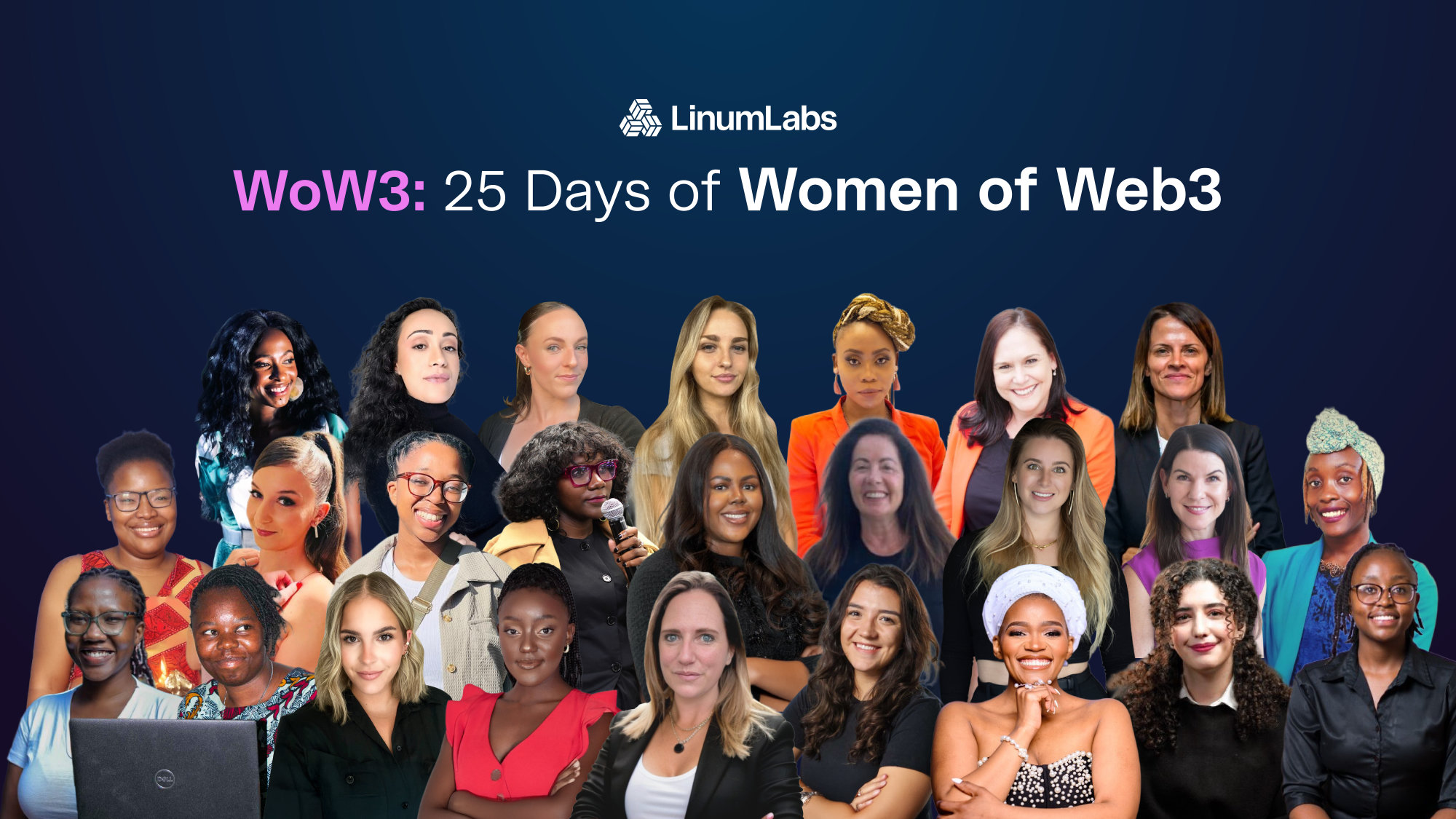AI and Web3 Convergence: A Deep Dive into the DAO Evolution

.jpg)
So, check it out – people have been tossing around this idea of decentralized databases for a while, but it didn't really blow up until Blockchain came onto the scene. Shoutout to Satoshi Nakamoto for dropping the bomb that is Bitcoin. That kicked off a party with hundreds of Blockchains, giving birth to the Web3 era. Now, we live in a time when regular folks have more say than big shots.
But let's be real. While this power shift has its perks, it also shines a light on our human side. We're talking about human error and emotions messing with the game. So, even though we ditched the big scary centralized authorities, there's a risk of some not-so-cool stuff happening.
Lately, companies are jumping on the AI train to make things smoother in this wild world of Decentralized Autonomous Organizations (DAOs). This article is all about how AI is making waves in DAOs, but first, let's give a nod to the broader areas where AI is doing some heavy lifting.
AI is like the cool kid predicting market trends in the Web3 space. Yeah, predictions aren't foolproof, but AI drops some serious knowledge bombs for protocols and the public to understand what's up. AI pros use fancy tools to analyze blockchain transactions, Dapps, and even social media to predict where the market is heading.
And guess what? AI isn't just chilling in market predictions; it's also diving into tokenomics, beefing up security, and playing a significant role in economic modeling. AI is the secret sauce making everything in the Web3 world smoother.
Now, let's zoom in on DAOs. DAOs are like the VIPs of autonomy, running the show without a big boss. Sounds awesome, right? Well, hold up. What if someone grabs 51% of the governance tokens and pulls off a stunt, draining all the funds? Or imagine stakeholders getting all emotional and rejecting a killer proposal just because they're in a mood. AI steps in with answers to these challenges.
The first major impact AI has had on DAOs is automation. Through this, AI takes charge of analyzing proposals and checking if they're worth the trouble. If not, AI kicks it to the curb before it even gets to the voting stage. Plus, Machine Learning swoops in, learning from successful DAO models to save everyone time and effort.
But that's not all. AI is also like a watchdog, sniffing out potential trouble. It keeps tabs on users, giving them a security score. If a high-scoring user suddenly goes rogue, proposing something fishy, AI shuts it down and waves a red flag, marking the account as suspicious. That's like having a bouncer for your DAO.
And governance? AI's got it down to an art. It makes dynamic voting rules a thing, adjusting based on what the members want and the nature of the changes on the table. Forget the basic stake-weighted votes; AI spices things up, factoring in user participation, reputation, or how long someone's been part of the gang. It's like a ninja move against bad actors trying to mess things up. Plus, AI can juggle voting timelines and proposal order, ensuring the important stuff gets the spotlight.
So, AI isn't just a guest at the DAO party; it's becoming the life of it. We're living in this crazy era where machines are teaming up with us to make life better. Embrace the AI, folks! It's not here to steal your job but to boost your game. It's like having a sidekick that makes you look super cool and efficient.
Cheers to the AI revolution! 🚀 Check what Linum can do here!


